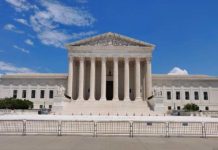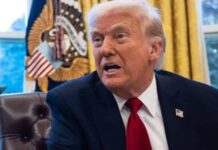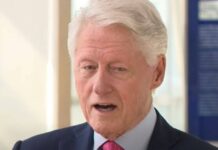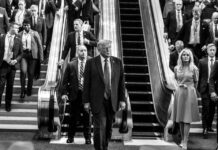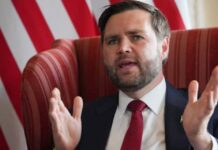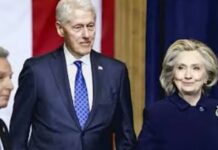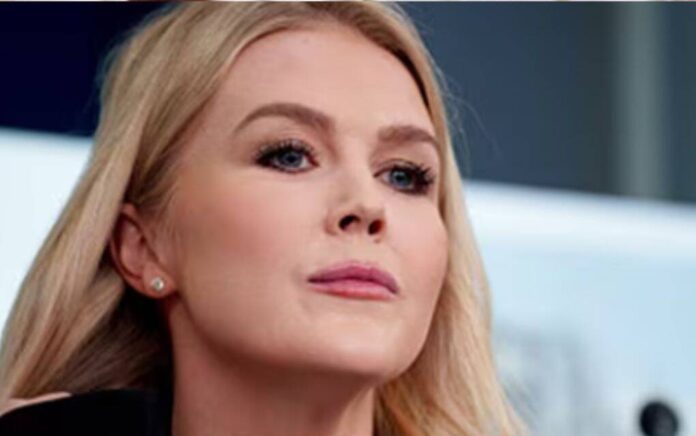
Reporters have the privilege of accessing the White House. But something nefarious is going on.
And now the White House Press Secretary exposed a mainstream media spy ring.
New Restrictions on Media Access in the Upper Press Office
In a recent development, the White House has ended decades of open access for journalists to the Upper Press area, now requiring appointments amid heightened security protocols. Press Secretary Karoline Leavitt explained the shift during an appearance on “Pod Force One” with host Miranda Devine, pointing to repeated breaches by members of the media who were found lingering near confidential materials.
Reasons Behind the Appointment-Only Policy
The decision stems from the communications team’s expanded role in national security matters following organizational changes under National Security Advisor Marco Rubio.
“We have taken over the responsibilities of the National Security Council, thanks to the restructuring of Secretary Rubio when he became National Security Advisor. Steven Cheung and I are responsible for all communications matters, including national security,” Leavitt said.
“And so we felt it became very inappropriate for reporters to be loitering around sensitive information in our offices. And we did, unfortunately, catch some unruly reporters recording us without our permission, listening in on conversations, eavesdropping.”
Leavitt highlighted disruptive behavior, such as journalists positioning themselves outside daily staff sessions to overhear discussions.
“We’d have staff meetings in the morning. Some of the reporters started to pick up on that, and we’d walk out and they would be out there trying to listen. You know, if Secretary Rubio or the chief want to come in and brief us on something, you’d have reporters out there heckling them, and it just became an inappropriate work environment,” Leavitt said.
“And so now they’re welcome up here, but it’s by appointment only. And so a lot of the outrage you’re seeing on Twitter, they’ve told us privately they’re OK with how this system works so long as they can still have appointments with me to understand the news of the day.”
Commitment to Press Engagement and Additional Defense from Leadership
Despite the new rules, Leavitt emphasized her dedication to media interactions within the constraints of her demanding role.
“I give them as much time as I possibly can on my schedule. Although a lot of my time is with the president and in the Oval Office and sitting in on meetings. So I try to devote as much time as I can to the press because that is my job, right? The basic duty is for me to work with the press and make sure they’re telling the truth out there,” Leavitt said.
White House Director of Communications Steven Cheung reinforced the rationale, noting that journalists retain full access to the lower press area for routine inquiries and can schedule visits upstairs. He stressed that the measures followed discoveries of unauthorized recordings and intrusions.
“Press still has access to lower press where the press team sits and can answer all inquiries. Reporters can make appointments to see us in our offices,” Cheung wrote.


